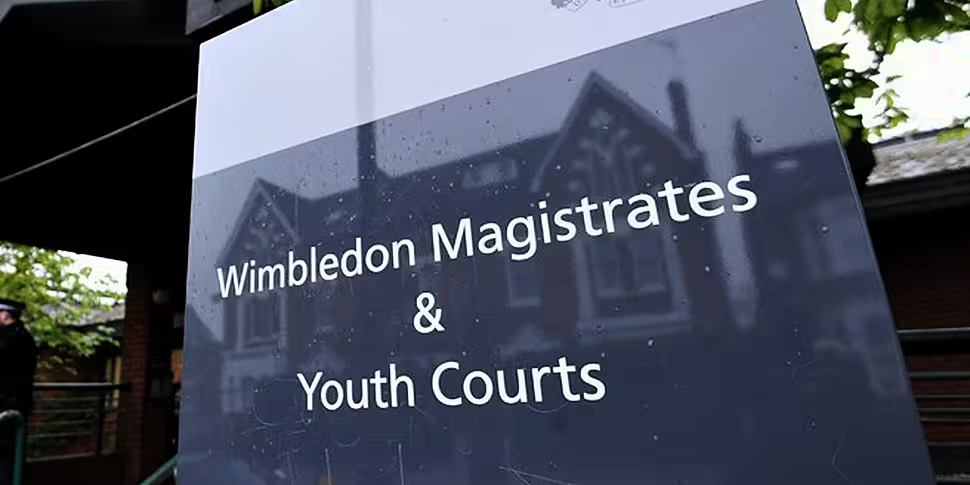A depressed mother in Britain who smothered her three young disabled children was being seen by 60 different professionals, it has emerged.
The involvement of so many people with Tania Clarence and her family was an "insurmountable problem", a serious case review has found.
The 70-page inquiry report said the deaths of the youngsters "could not have been predicted nor prevented" but added "important lessons" should be learned from the tragedy.
Clarence admitted the manslaughter by diminished responsibility of Olivia, four, and three-year-olds Ben and Max at their home in New Malden, southwest London, in April last year.
The children suffered from the rare life-limiting genetic condition spinal muscular atrophy (SMA), which left them with little or no control of their movement.
Clarence was sentenced to a hospital order last November and will not be released until she has recovered from her mental illness.
The number of practitioners involved in the case was among a series of failings highlighted by the review, commissioned by the Kingston Local Safeguarding Children Board (KLSC).
The report said there was a "lack of consensus" among professionals over the right care for the children.
And while there was "professional concern" about the mental health of Clarence she had refused counselling.
It also emerged the threshold for child protection intervention in the case had been reached a year before the children's deaths.
The report said, in July 2013, consideration was given to involving the police but according to the social care records, St George's Hospital "did not think that would be helpful".
It said: "The concerns during this period, in the view of the authors, reached the threshold for child protection intervention, but this did not happen, despite references to legal intervention".
The review also suggested the approach of professionals may have been influenced by the wealth and social background of the Clarence's, originally from South Africa, who lived in a stg£1.2m (€1.7m) home.
The report said: "There has been consideration whether the family's social status led to a different safeguarding response".
"There is no evidence that this occurred, but this may have contributed to the cautious approach in moving into child protection processes".
KLSC Board chairwoman Deborah Lightfoot said: "While the review states that all of the deaths were not predictable nor preventable, it has found that there are learning points for practitioners involved".
The report made 11 findings and included 14 recommendations.
But the review concluded: "There is no certainty that any of the findings would have made any difference to the tragic outcomes in this case".
Imposing the order on Clarence last year, Judge Mr Justice Sweeney said: "The evidence of your diminished responsibility is clear and convincing".
"The reports make clear that you were mentally ill at the time, suffering a major depressive episode. It's equally clear that you are still mentally ill now".
He also said while the Old Bailey was "not the forum" to judge the conduct of the health professionals and social workers involved with the family, the effect of their actions on Clarence's state of mind was an "important factor".
Speaking at the time, the family's solicitor described it as "one of the saddest" cases to come before the criminal courts.









